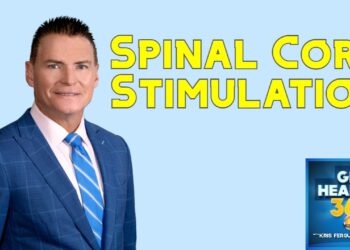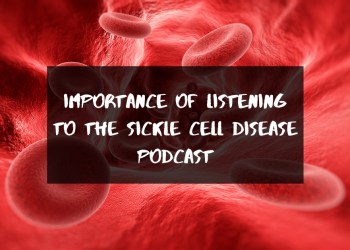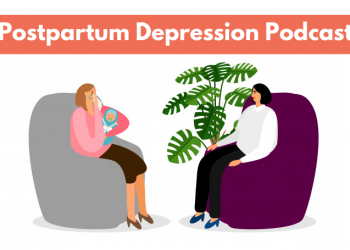Can High Intensity Exercise Protect You from Fast Food?

This study subjected fifteen teenage men to a diet consisting exclusively of fast food for 14 days. Each day during the study, the participants were asked to perform 15 sprints lasting 60 seconds per sprint.
The surprising results indicated that many markers of health, such as fasting glucose, body fat, and cardiometabolic profile either improved or stayed the same. The conclusion is that High Intensity Interval Training may have protective effects against a fast food diet in otherwise young and healthy individuals.
The Research
Nutrients. 2017 Aug 26;9(9). pii: E943. doi: 10.3390/nu9090943.
High Intensity Exercise: Can It Protect You from A Fast Food Diet?
Duval C1,2, Rouillier MA3, Rabasa-Lhoret R4,5, Karelis AD6,7.
1 Department of Exercise Science, Université du Québec à Montréal, Montreal, QC H3C 3P8, Canada. duval.christian@uqam.ca.
2 Centre de recherche de l’Institut universitaire de gériatrie de Montréal, Montreal, QC H3W 1W5, Canada. duval.christian@uqam.ca.
3 Department of Exercise Science, Université du Québec à Montréal, Montreal, QC H3C 3P8, Canada. ma.rouillier@gmail.com.
4 Institut de Recherches Cliniques de Montréal (IRCM), Montreal, QC H2W 1R7, Canada. Remi.Rabasa-Lhoret@ircm.qc.ca.
5 Department of Nutrition, University de Montréal, Montreal, QC H3T 1A8, Canada. Remi.Rabasa-Lhoret@ircm.qc.ca.
6 Department of Exercise Science, Université du Québec à Montréal, Montreal, QC H3C 3P8, Canada. karelis.antony@uqam.ca.
7 Centre de recherche de l’Institut universitaire de gériatrie de Montréal, Montreal, QC H3W 1W5, Canada. karelis.antony@uqam.ca.
Abstract
The purpose of this study was to assess the ability of high intensity exercise to counteract the deleterious effects of a fast food diet on the cardiometabolic profile of young healthy men. Fifteen men were subjected to an exclusive fast food diet from a popular fast food restaurant chain (three extra value meals/day + optional snack) for 14 consecutive days. Simultaneously, participants were asked to perform each day high intensity interval training (HIIT) (15 × 60 sec sprint intervals (~90% of maximal heart rate)) on a treadmill. Fast food diet and energy expenditure profiles of the participants during the intervention were assessed as well as body composition (DXA), cardiometabolic profile (lipid, hepatic enzymes, glycated hemoglobin, glucose, insulin, hsC-reactive protein (hsCRP) and blood pressure) and estimated maximal oxygen consumption (VO2 max) pre- and post-experiment. We found significant improvements for fat mass, lean body mass, estimated VO₂ max, fasting glucose, serum lipoprotein(a) and hsCRP after the intervention (p < 0.05). HDL-cholesterol significantly decreased (p < 0.002), but the triglycerides/HDL-cholesterol ratio did not change. All other cardiometabolic variables measured remained stable, which includes the primary outcome: the HOMA index (pre: 1.83 ± 1.2 vs. post: 1.54 ± 0.7 values; p = 0.35). In conclusion, in large part, insulin resistance and the cardiometabolic profile of young healthy individuals seems to be protected by HIIT from a fast food diet.











